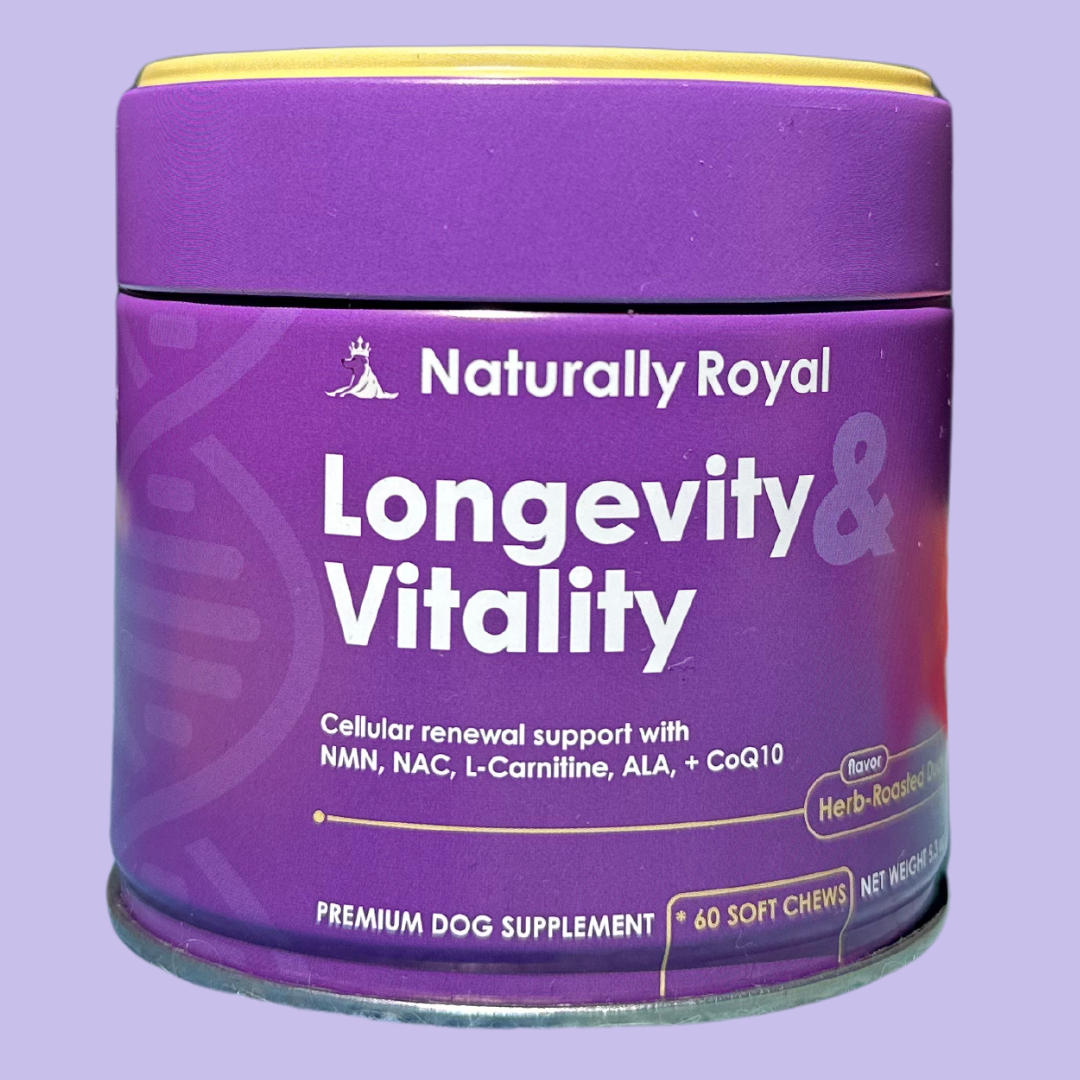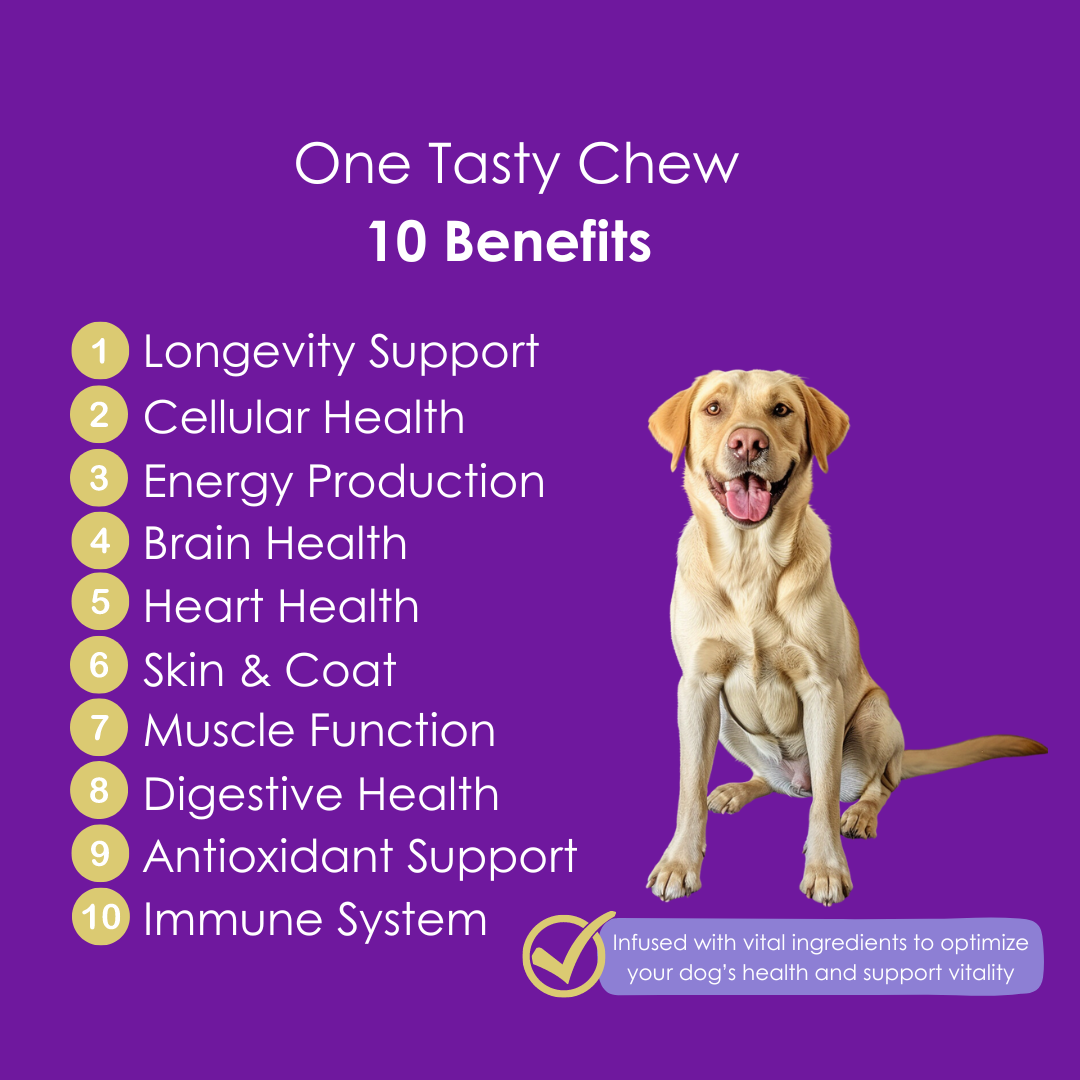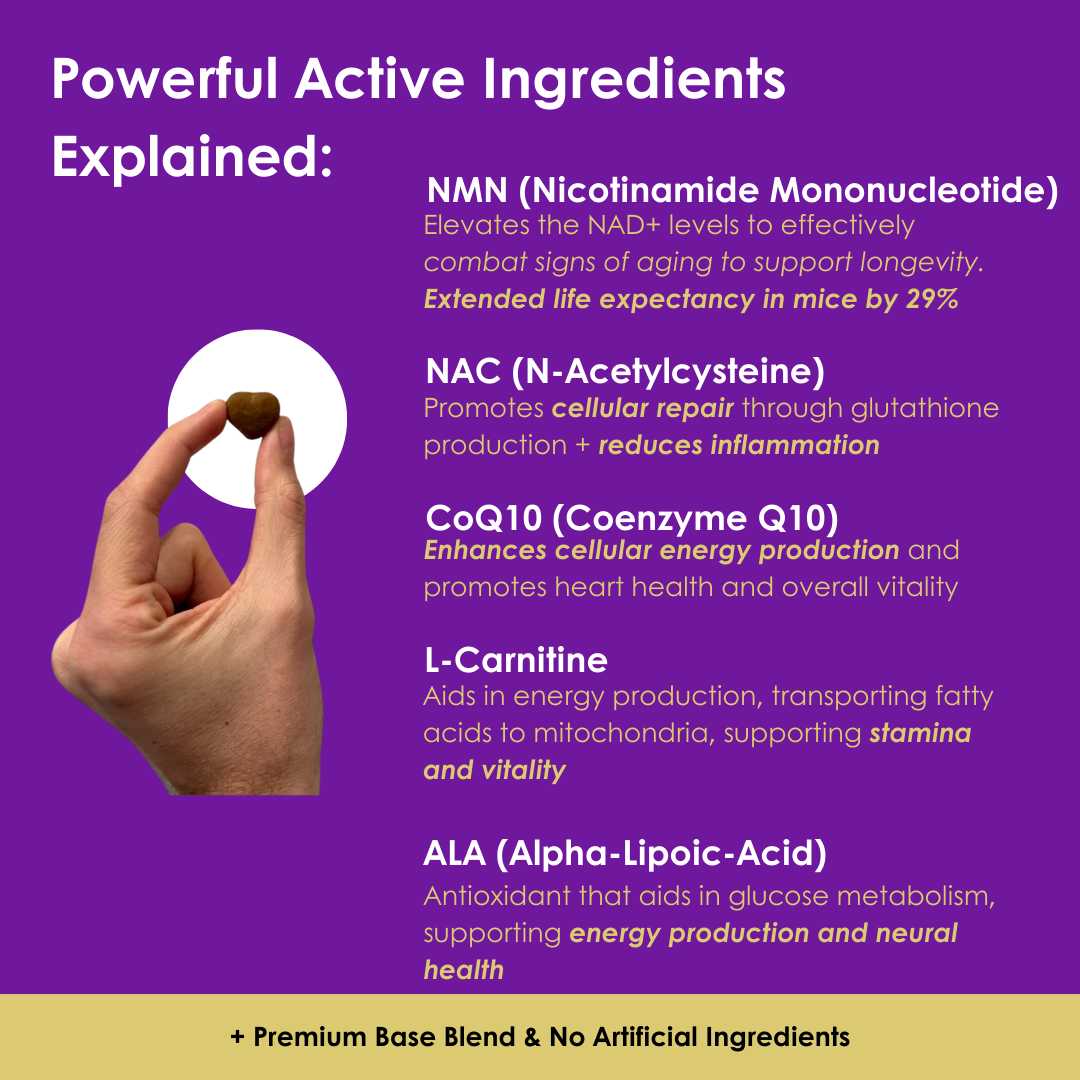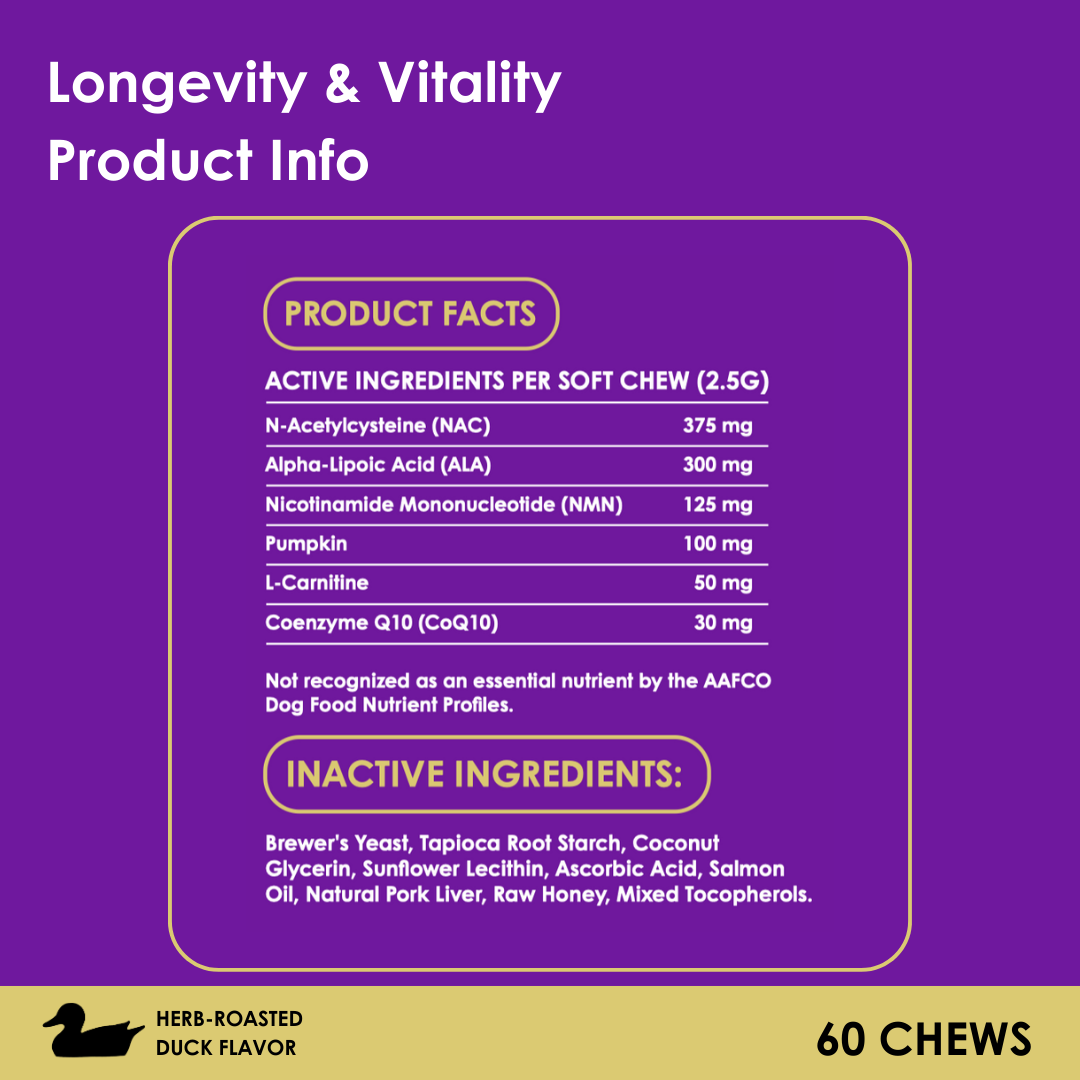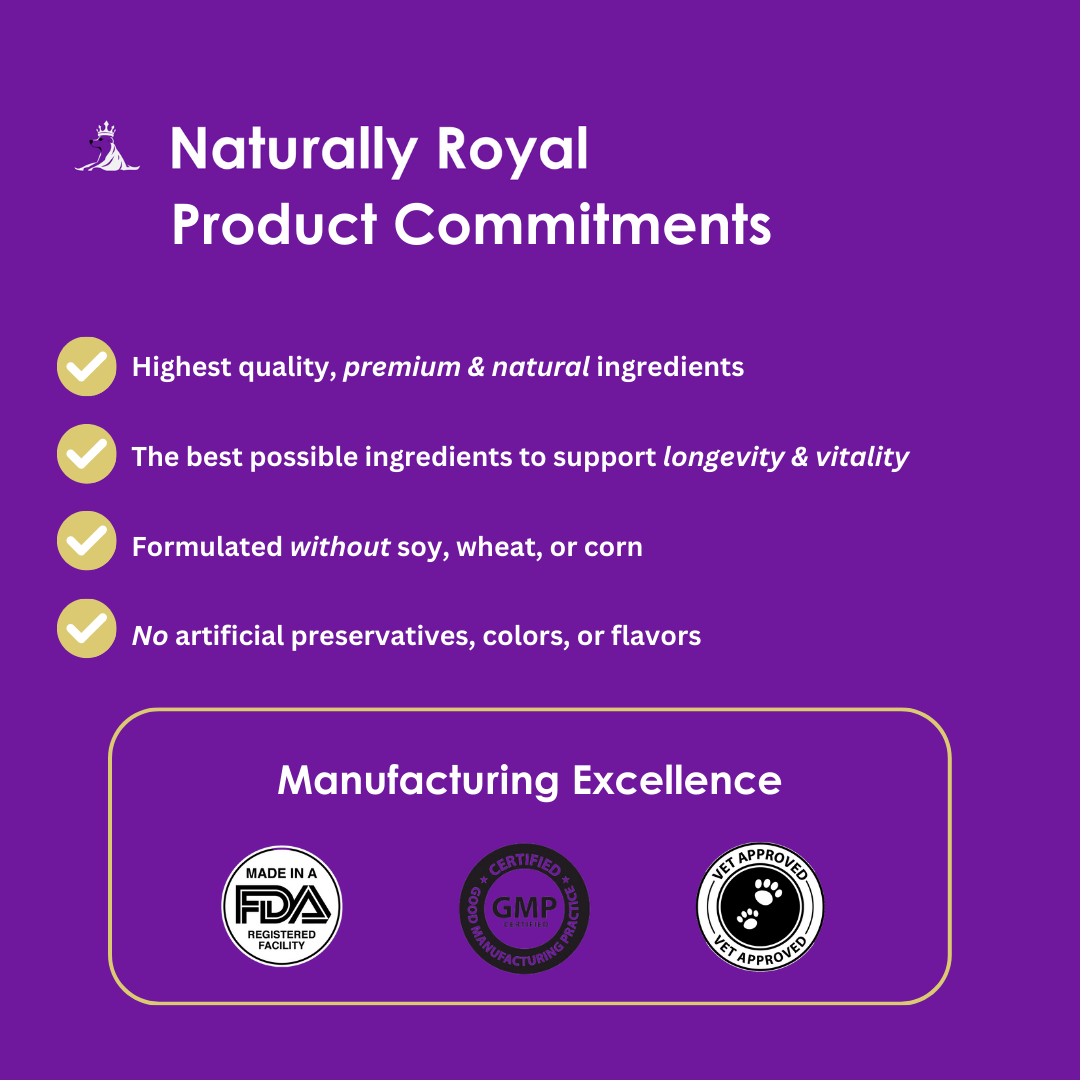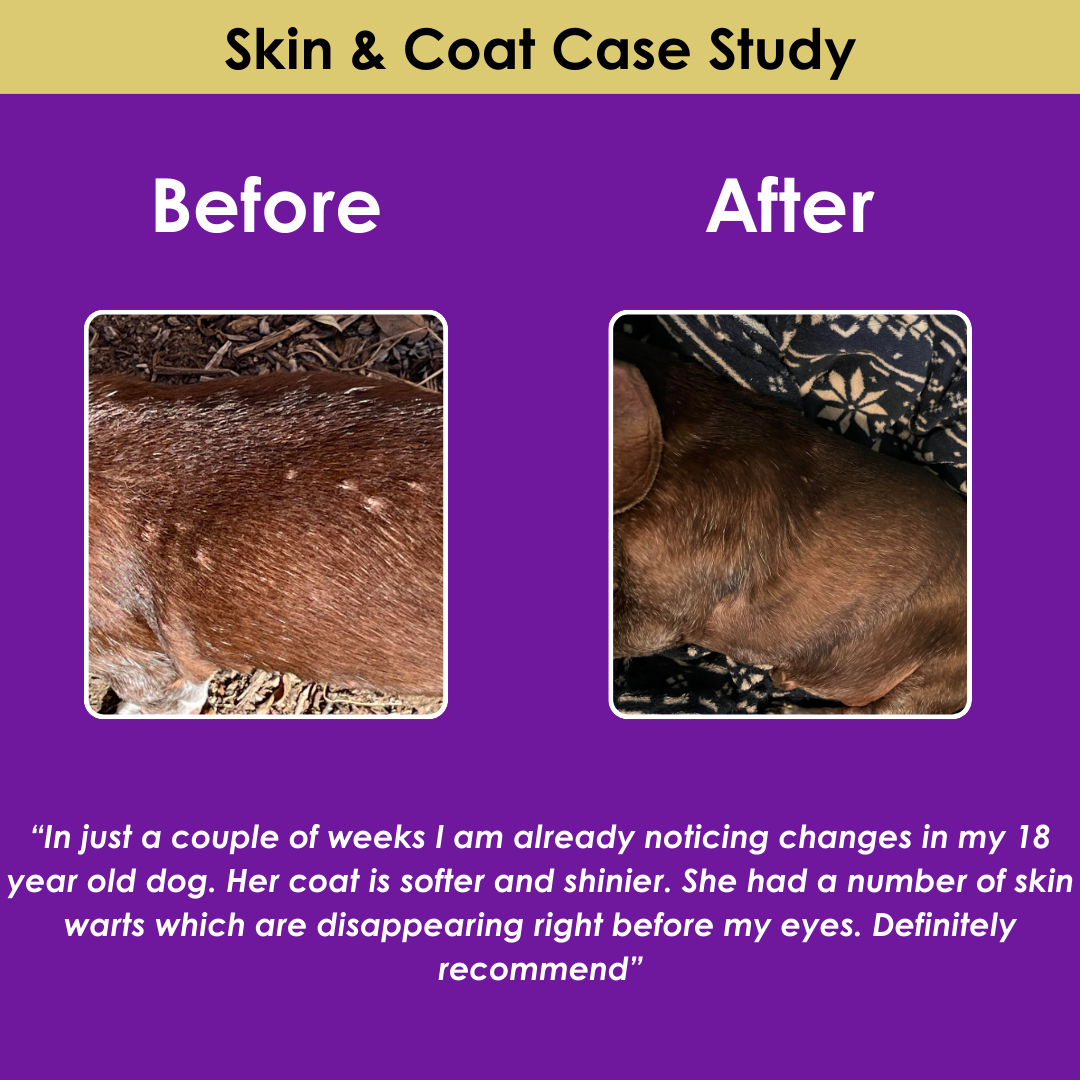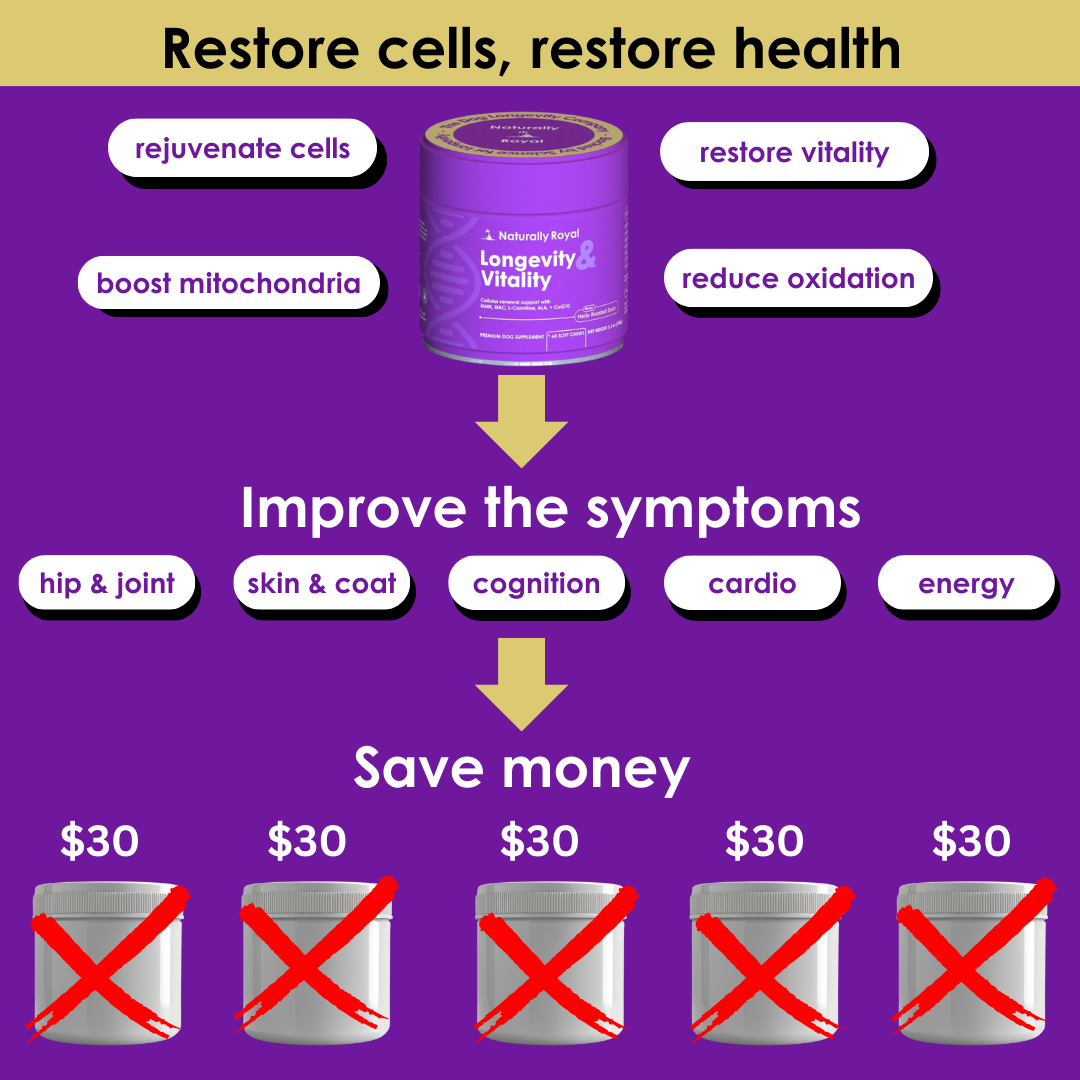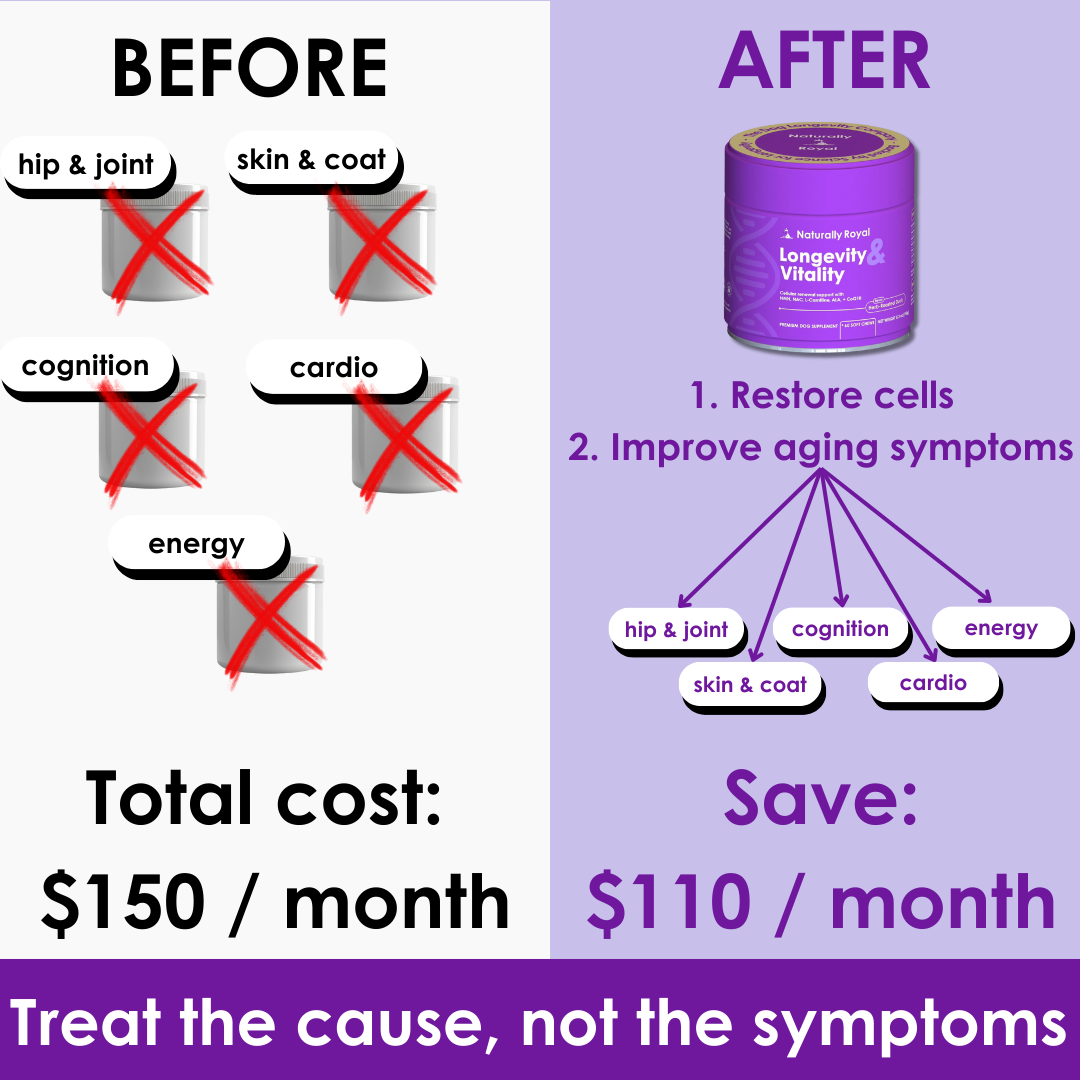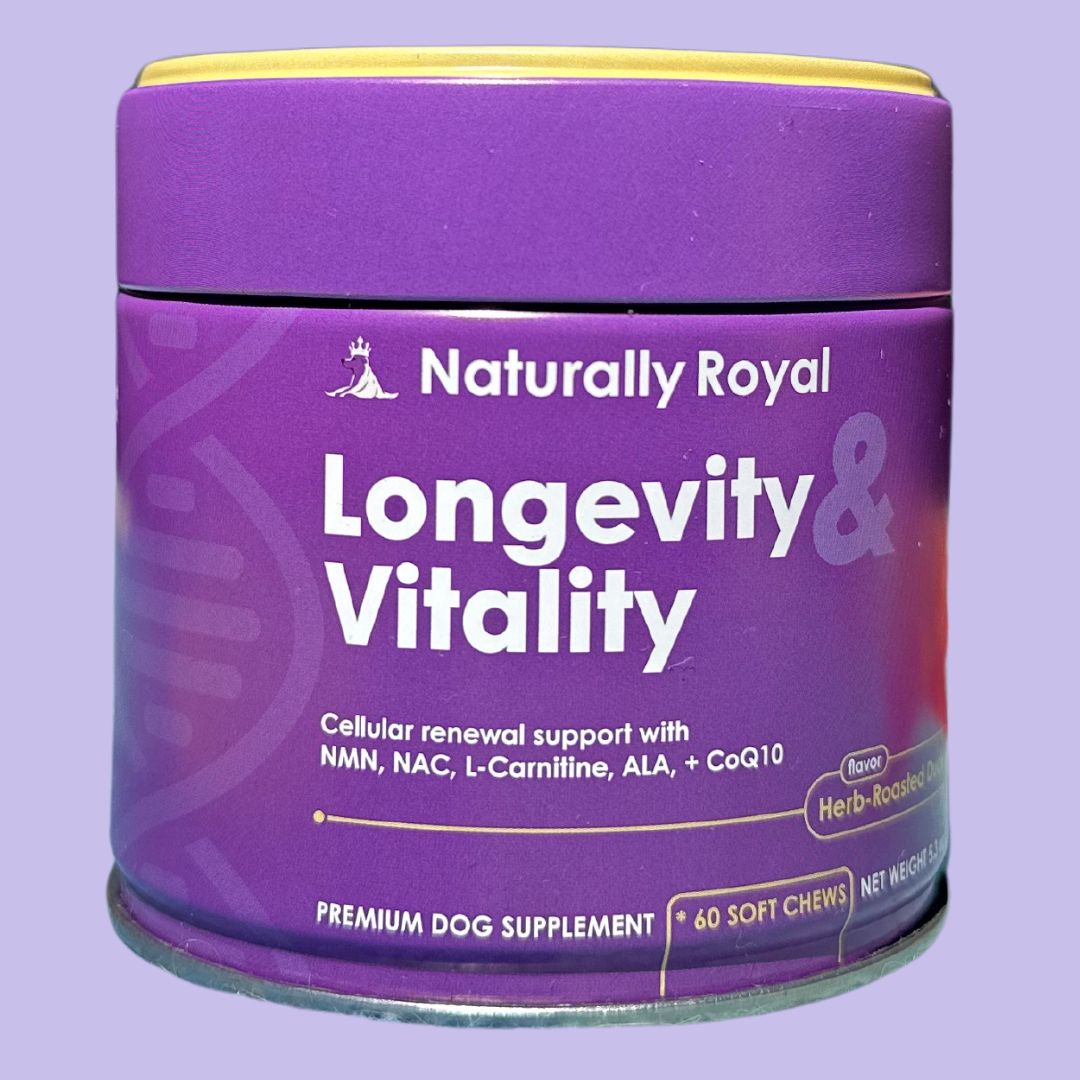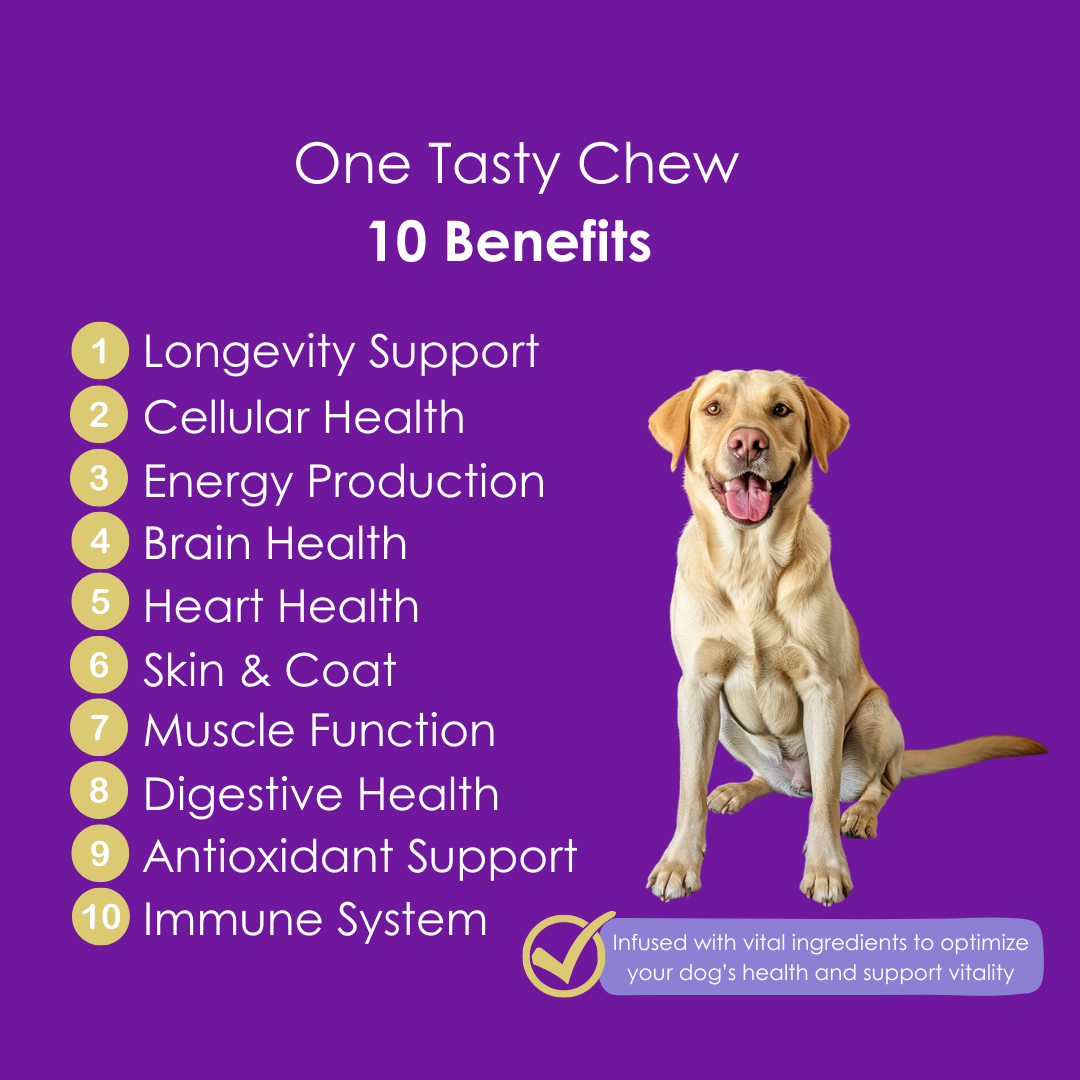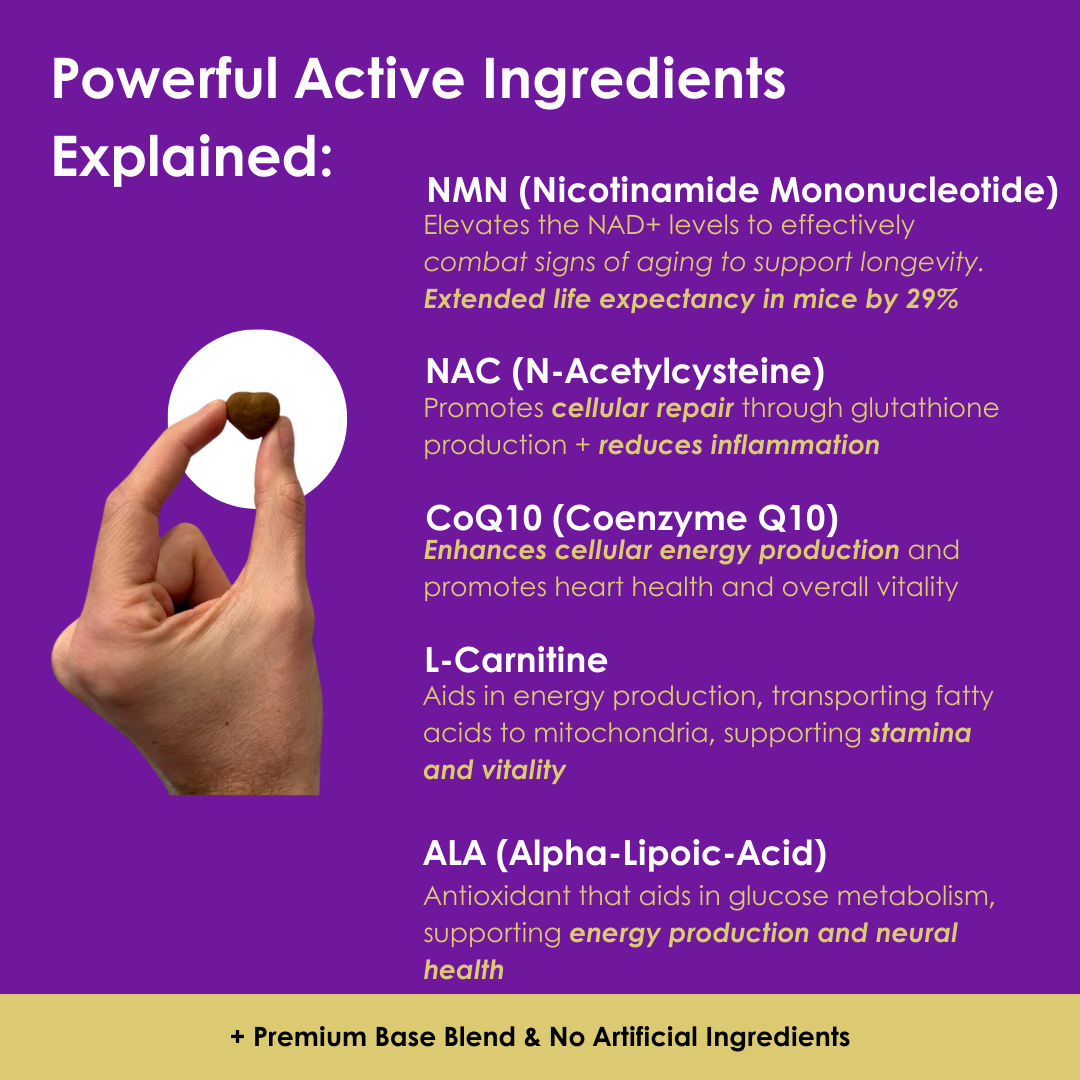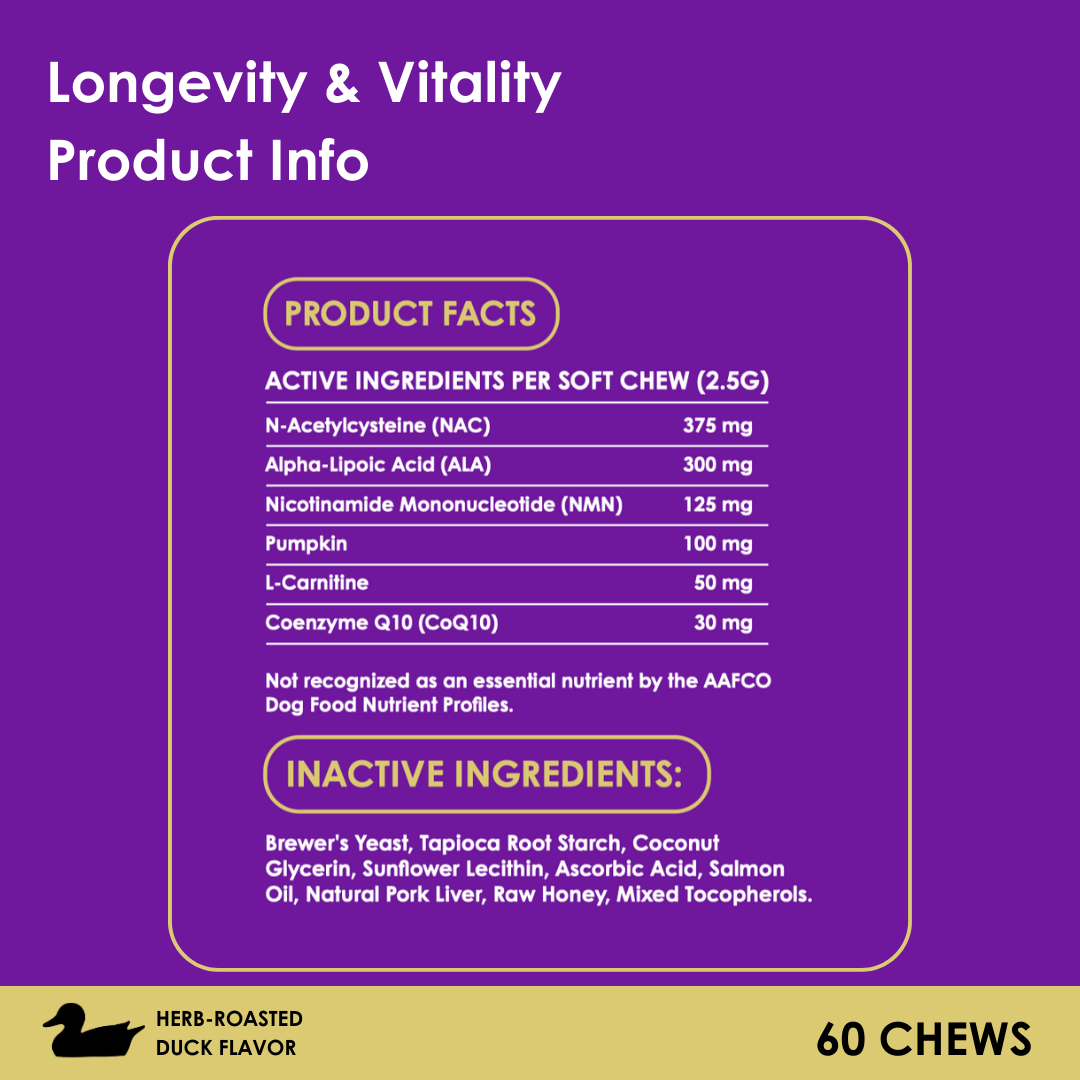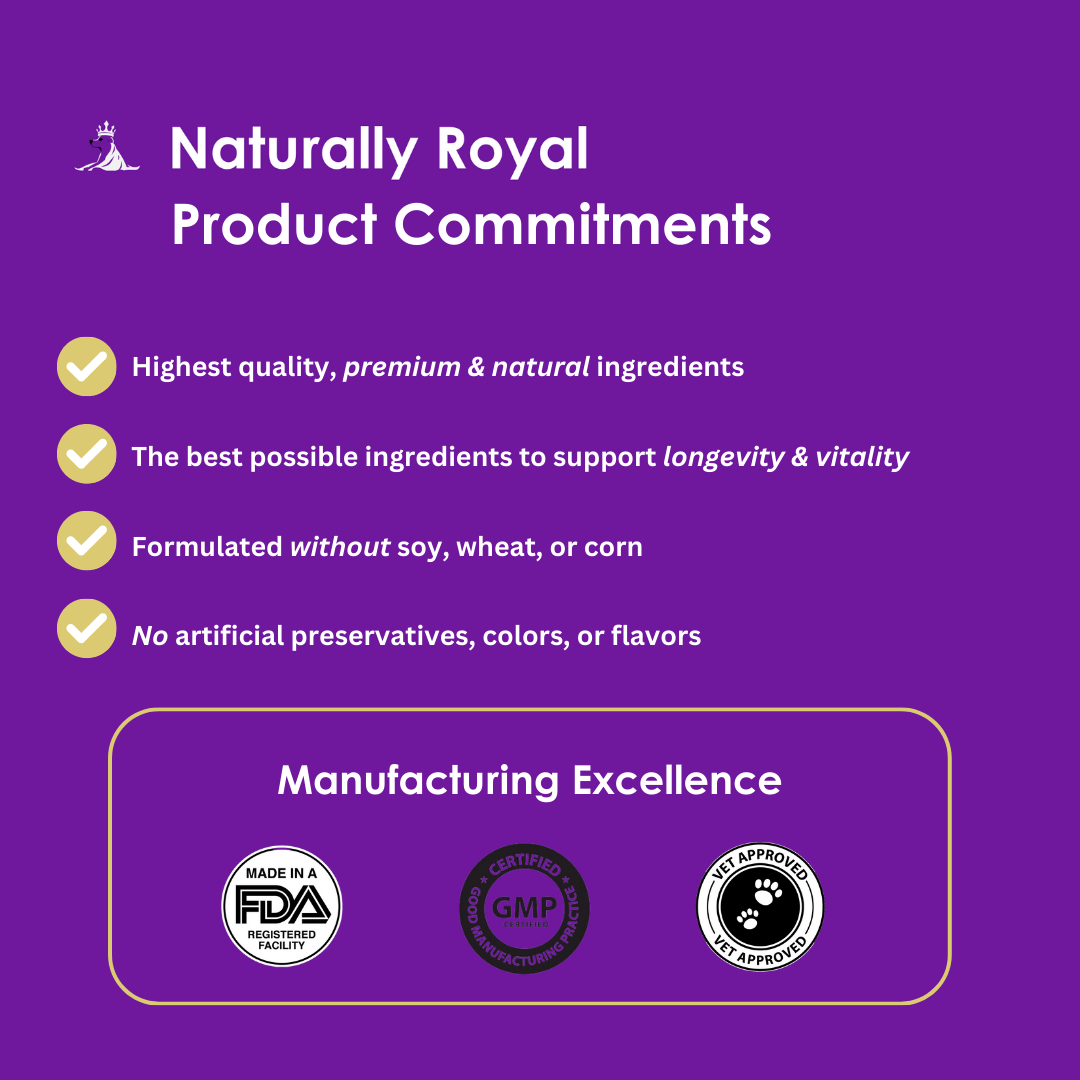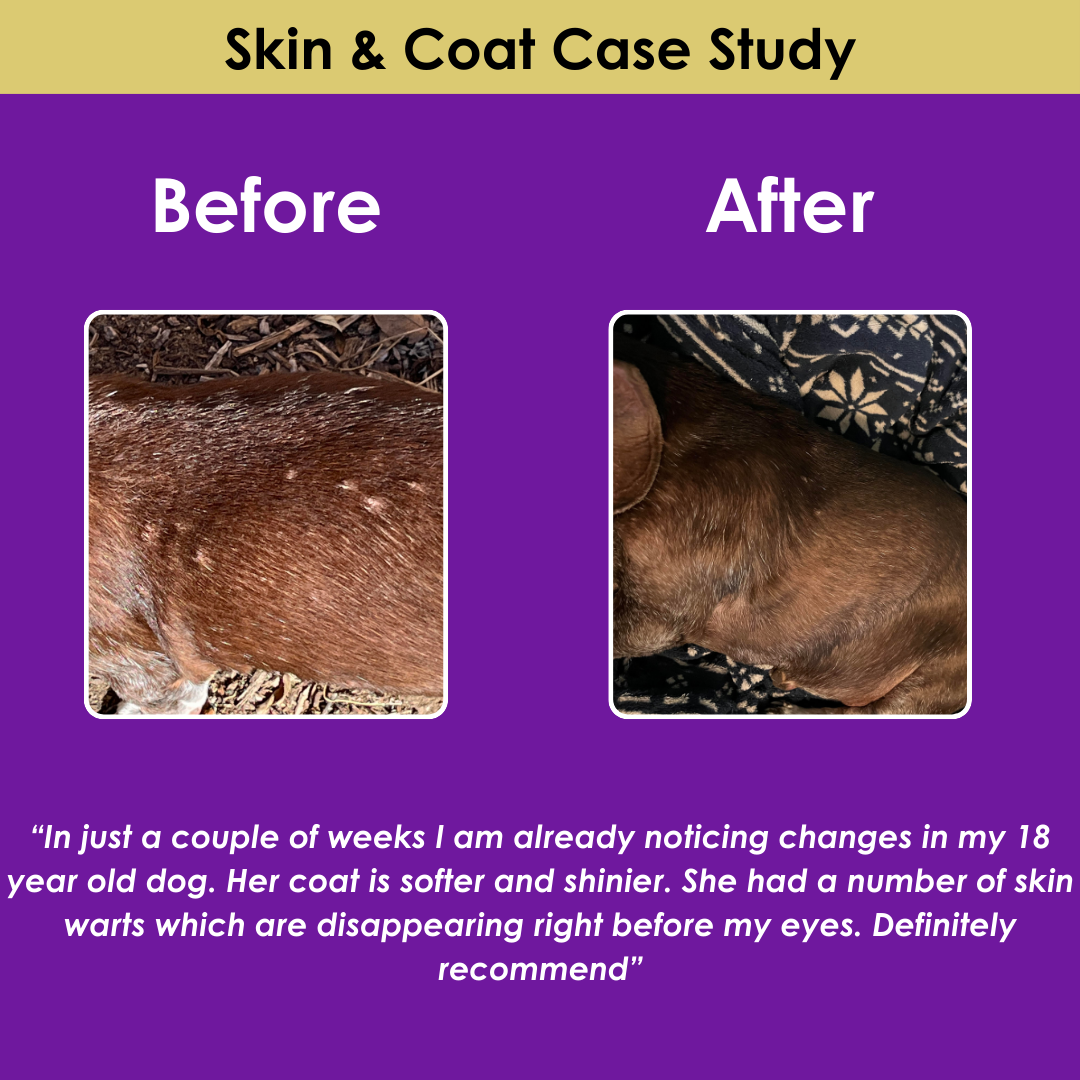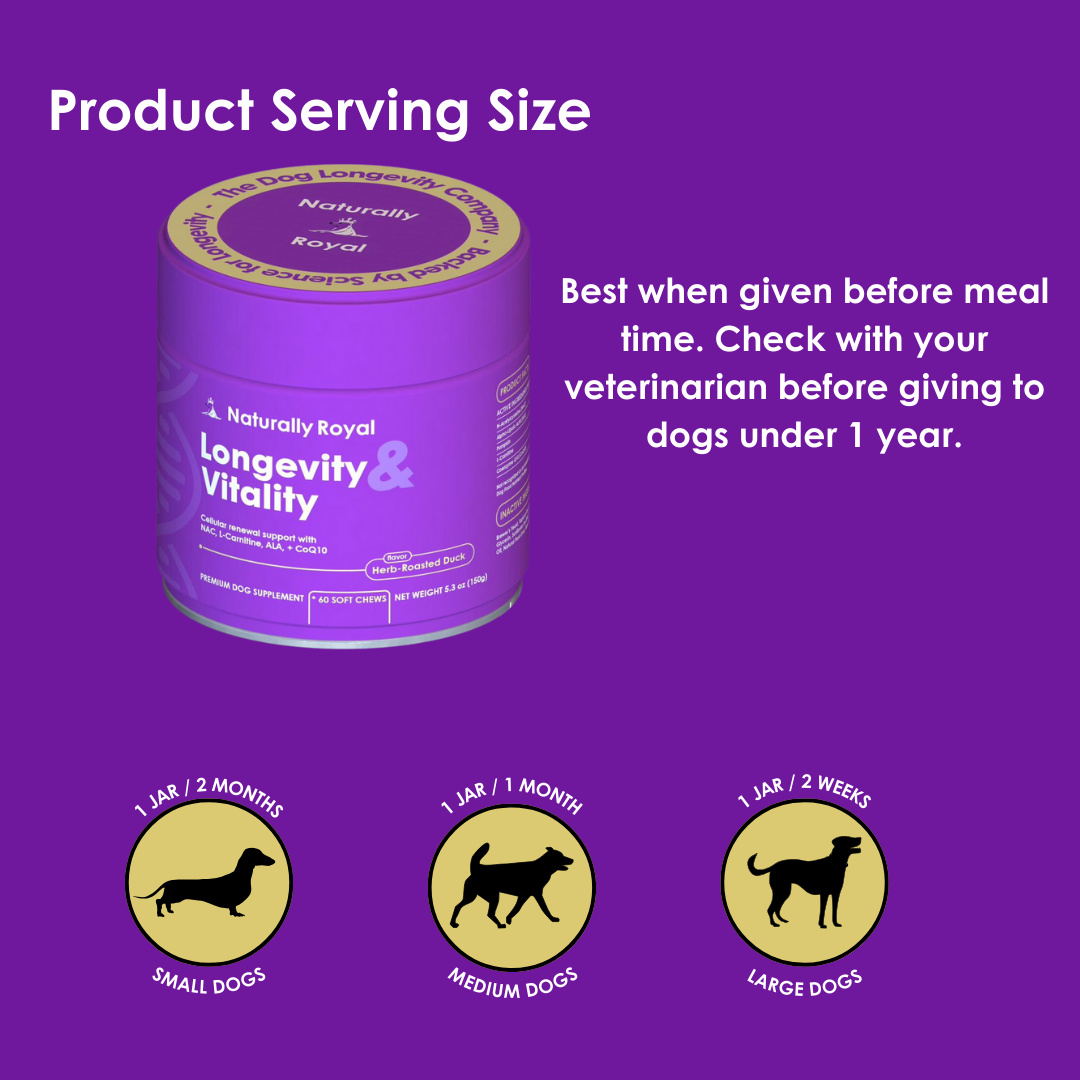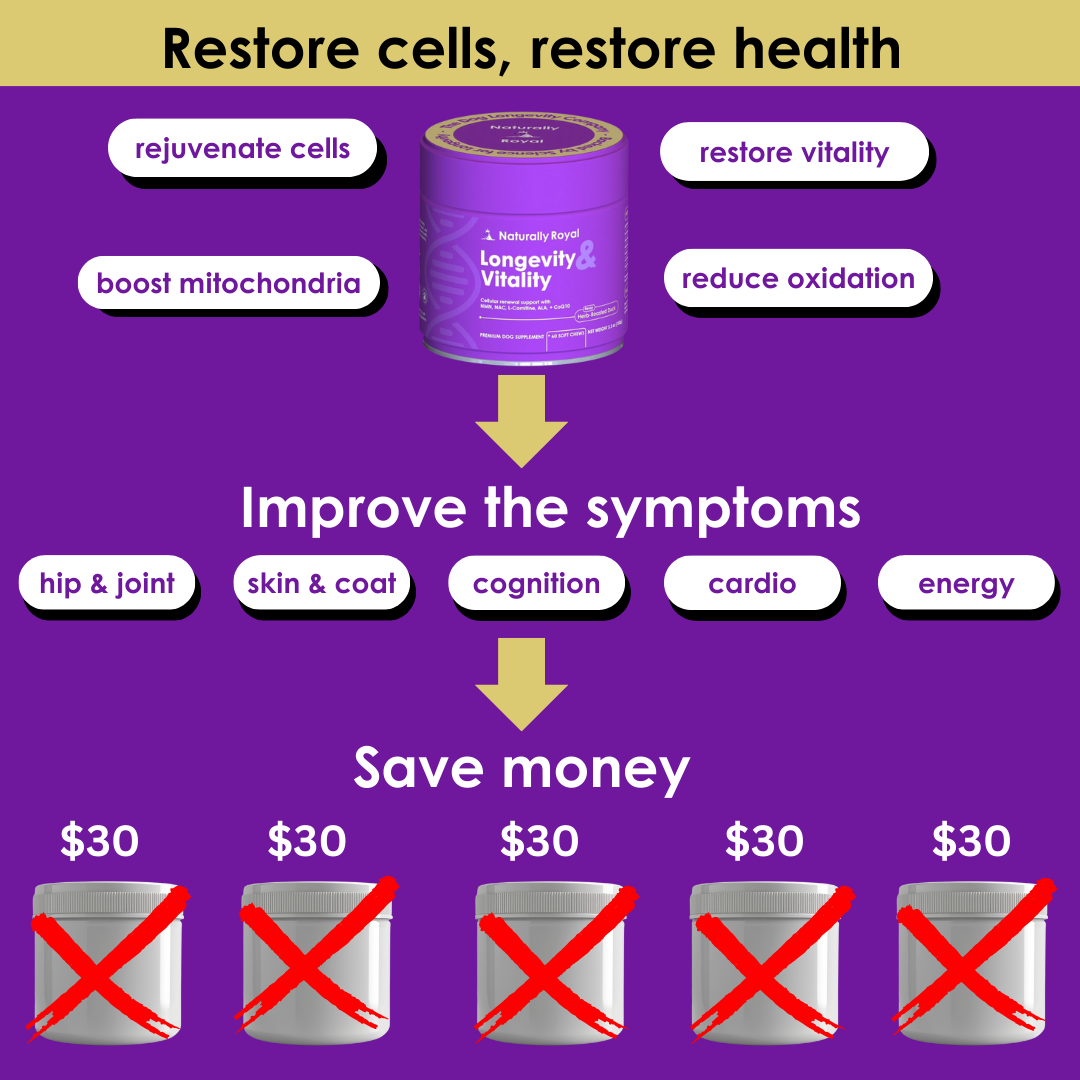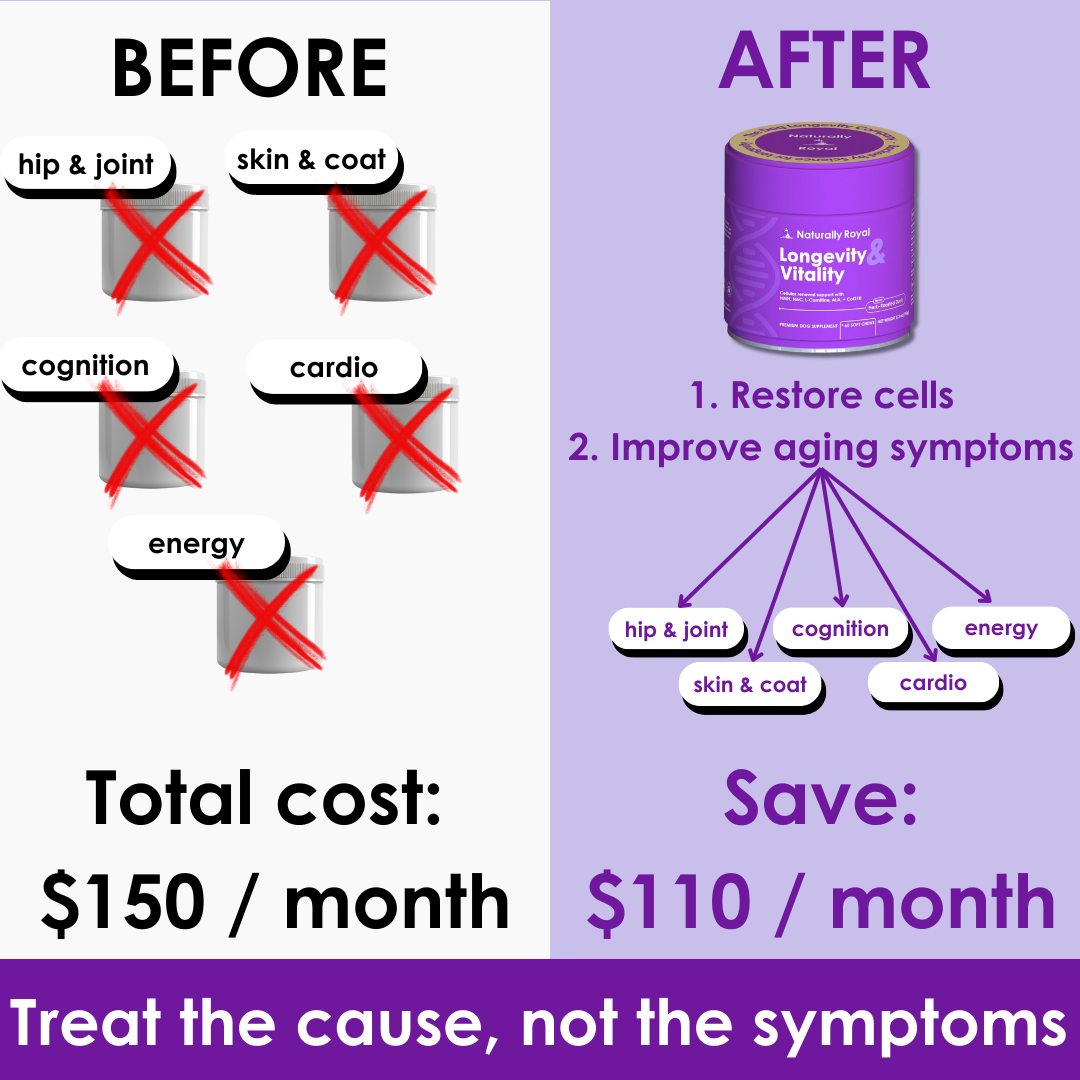Thanksgiving Health Threats
Thanksgiving is a time for family, friends, and delicious food—but it can also be a dangerous holiday for your dog. Many common Thanksgiving traditions, foods, and decorations pose significant health risks to our furry companions. By being aware of these threats and taking proactive steps to protect your dog, you can ensure they stay safe and healthy during the holiday festivities. Let's dive in!
1. Dangerous Thanksgiving Foods
While Thanksgiving is a time to indulge, certain foods that are staples of the holiday can be harmful—or even life-threatening—for dogs.
-
Turkey Bones and Skin
Cooked turkey bones can splinter and cause choking or damage to your dog’s digestive tract. Additionally, the fatty skin can lead to gastrointestinal upset or even pancreatitis, a serious condition requiring immediate veterinary care. -
Stuffing and Seasonings
Many stuffing recipes include onions, garlic, or chives—all of which are toxic to dogs. These ingredients can cause damage to red blood cells, leading to anemia. Similarly, other seasonings, such as nutmeg, can be harmful if ingested. -
Gravy and Rich Sauces
High-fat gravies and sauces can upset your dog’s stomach and contribute to pancreatitis. It’s best to avoid giving your dog any food covered in these toppings. -
Desserts and Chocolate
Chocolate is toxic to dogs, especially dark or baking chocolate. Many Thanksgiving desserts also contain xylitol, a sugar substitute that can cause a rapid drop in blood sugar and liver failure in dogs. Keep pies, cakes, and other sweets out of reach. -
Alcohol and Caffeine
Even small amounts of alcohol or caffeinated beverages can be toxic to dogs, causing symptoms like vomiting, diarrhea, and seizures. Ensure all beverages are kept out of reach.
2. Non-Food Holiday Hazards
Thanksgiving is about more than food, and some common holiday items can also pose risks to your dog.
-
Decorations and Candles
Curious dogs may chew on decorative items like gourds, corn cobs, or floral arrangements. These items can cause choking or intestinal blockages. Candles, if knocked over, can lead to burns or house fires. -
Garbage and Leftovers
Trash bags and cans often overflow during the holidays, and dogs may be tempted to rummage through them. This can expose them to food scraps, bones, and toxic substances. Make sure garbage is securely stored and out of reach. -
Holiday Plants
Some seasonal plants, such as amaryllis and certain varieties of chrysanthemums, are toxic to dogs. If you use floral arrangements as part of your Thanksgiving decor, verify they are pet-safe.
3. Common Symptoms of Holiday-Related Illness in Dogs
If your dog accidentally ingests something harmful, they may show the following symptoms:
- Vomiting or diarrhea
- Lethargy or weakness
- Abdominal pain or bloating
- Increased heart rate or breathing difficulties
- Loss of appetite
- Tremors or seizures
These symptoms require immediate veterinary attention, especially if your dog has ingested known toxins like chocolate, xylitol, or onions.
4. Safe Thanksgiving Treats for Dogs
While many traditional Thanksgiving foods are off-limits, you can still include your dog in the festivities by offering them safe, dog-friendly treats.
-
Plain Turkey Meat
Small pieces of unseasoned, fully cooked turkey (without skin or bones) are a great protein-packed treat for your dog. -
Steamed Vegetables
Plain green beans, carrots, or sweet potatoes (without butter, sugar, or seasoning) make healthy, low-calorie snacks. -
Pumpkin Puree
A spoonful of canned, unsweetened pumpkin can be a tasty treat that also supports digestive health.
You can also consider preparing a special dog-friendly meal to keep them busy while the family enjoys Thanksgiving dinner.
5. Tips for a Safe Thanksgiving
Here are a few practical steps to protect your dog during the holiday:
-
Supervise Meals and Trash
Keep your dog away from the dining table and secure trash cans to prevent access to harmful foods or leftovers. -
Educate Guests
Remind visitors not to feed your dog table scraps or leave their plates within reach. -
Prepare a Safe Space
With the hustle and bustle of Thanksgiving, your dog may feel overwhelmed. Set up a quiet, comfortable area where they can retreat if needed. -
Keep Emergency Numbers Handy
Have your veterinarian’s contact information and the number for a 24/7 pet poison control hotline easily accessible in case of an emergency.
Conclusion
Thanksgiving is a time to celebrate and give thanks, but it’s also a time to remain vigilant about your dog’s safety. By understanding the risks posed by certain foods, decorations, and holiday activities, you can take proactive steps to protect your dog and ensure they remain healthy and happy. With proper precautions, you and your pup can enjoy a safe and joyous Thanksgiving together—making memories that contribute to a long, happy life.


